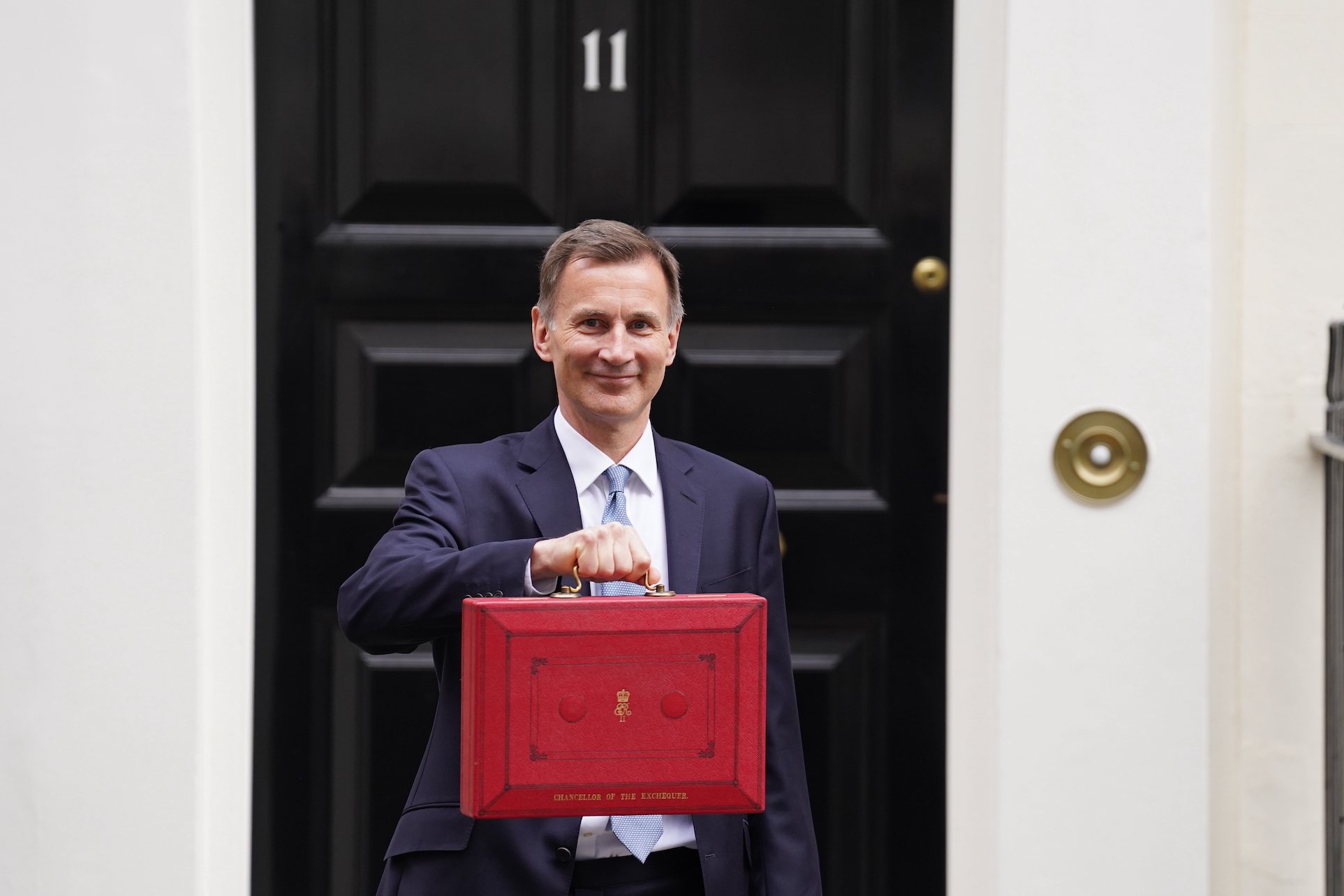Jeremy Hunt, the Chancellor of Exchequer, has said the UK is “starting to see the tide turn against high inflation” after the Bank of England announced the interest rate would remain at 5.25%.
The Bank of England’s Monetary Policy Committee voted narrowly 5-4 in favour of holding interesting rates – the first time rates did not increase since November 2021.
In a statement, Mr Hunt said: “We will continue to do what we can to help households struggling with mortgage payments. Now is the time to see the job through. We are on track to halve inflation this year and sticking to our plan is the only way to bring interest and mortgage rates down”.
The interest rate has been steadily rising for the last 14 months to help curb inflation, which has been far above the Bank of England’s 2% target.


The news comes after figures published yesterday revealed an unexpected slowdown in UK price rises in August with the inflation rate at 6.7%.
Reacting to the inflation rate news in a statement, shadow chancellor Rachel Reeves, said: “Under the Conservatives mortgages are soaring and working people are paying the price. After 13 years of chaos and instability it’s time for change”.
She added: “Households coming off fixed-rate mortgages will be paying an average of £220 more a month and inflation remains high because of the Conservatives’ disastrous mini-budget”.
The Bank of England governor, Andrew Bailey said: “Inflation is still not where it needs to be, and there is absolutely no room for complacency”.
He added: “We’ll be watching closely to see if further increases are needed, and we will need to keep interest rates high enough for long enough to ensure that we get the job done. Whatever happens, we’ll do what is needed to get inflation back to normal”.
The interest rate hold will have major repercussions on whether Rishi Sunak is able to deliver on his five priorities. The Prime Minister promised to halve inflation from December 2022 to December 2023 and to grow the economy.
The interest rate hold still leaves the cost of borrowing high and means there will be less money circulating through the economy to boost growth.
The news comes after the government borrowing figures for August were announced this morning and showed that borrowing was higher than expected at £11.6 billion.
The figure was £3.5 billion more than the year earlier and the fourth highest August borrowing figure since monthly records began in 1993. The fact that interest rates have not risen will mean costs for the high amounts of government borrowing will not go up.

